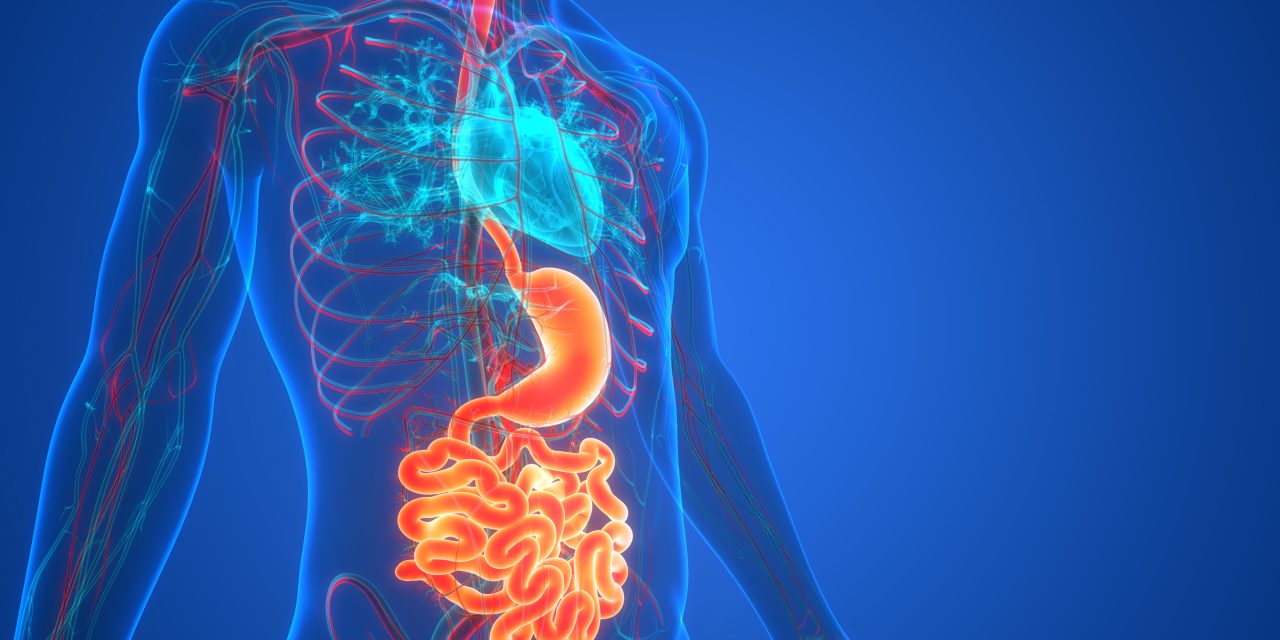The study’s goal was to investigate the feasibility and value of an electronic health record (EHR) activity for assessing transitional preparedness, delivering treatments tailored to individual requirements, and tracking patient progress. The study created a Transition EHR activity (TEA) to follow patients via a systematic procedure in which transition readiness is reviewed annually and resources are allocated depending on need. Starting at the age of 12, the approach analyses transition abilities and establishes objectives through shared decision-making, offers resources based on need, reviews individuals’ personal medical histories, and tracks healthcare transfer to adult gastroenterology. Researchers tested TEA on 12 year old individuals with inflammatory bowel disease (IBD). Patient self-report assessments were used to determine tolerability and distribution to patients. Since its inception, TEA has been provided to all eligible patients at our weekly specialised IBD clinic, with a median age of 16 years, 62 percent male, 58 percent white, and 26 percent Hispanic. All have completed the self-assessment and practicum for transition skills, as well as set transition objectives with their healthcare practitioner. 41 of these people took part in the survey response. Patients gave median (IQR) utility scores of 8 for the transition readiness evaluation, 9 for transition resources given, and 9 for the medical history summary on a utility rating scale of 0 to 10. The majority of patients would suggest TEA to other patients.
TEA standardised resource distribution among juvenile IBD patients and was highly accepted and clinically friendly.
Reference:https://journals.lww.com/jpgn/Fulltext/2020/02000/Harnessing_the_Electronic_Health_Record_to.13.aspx


